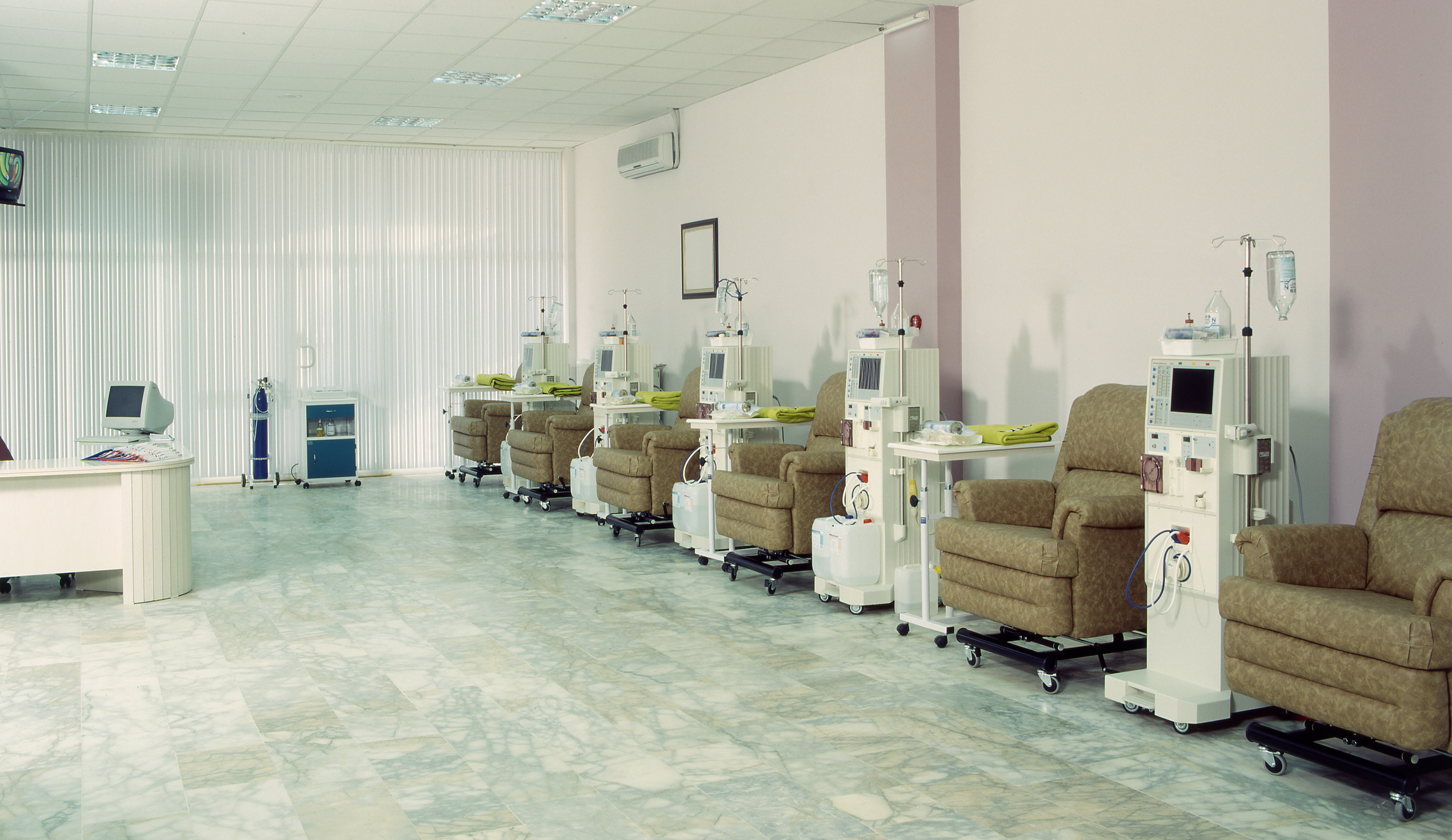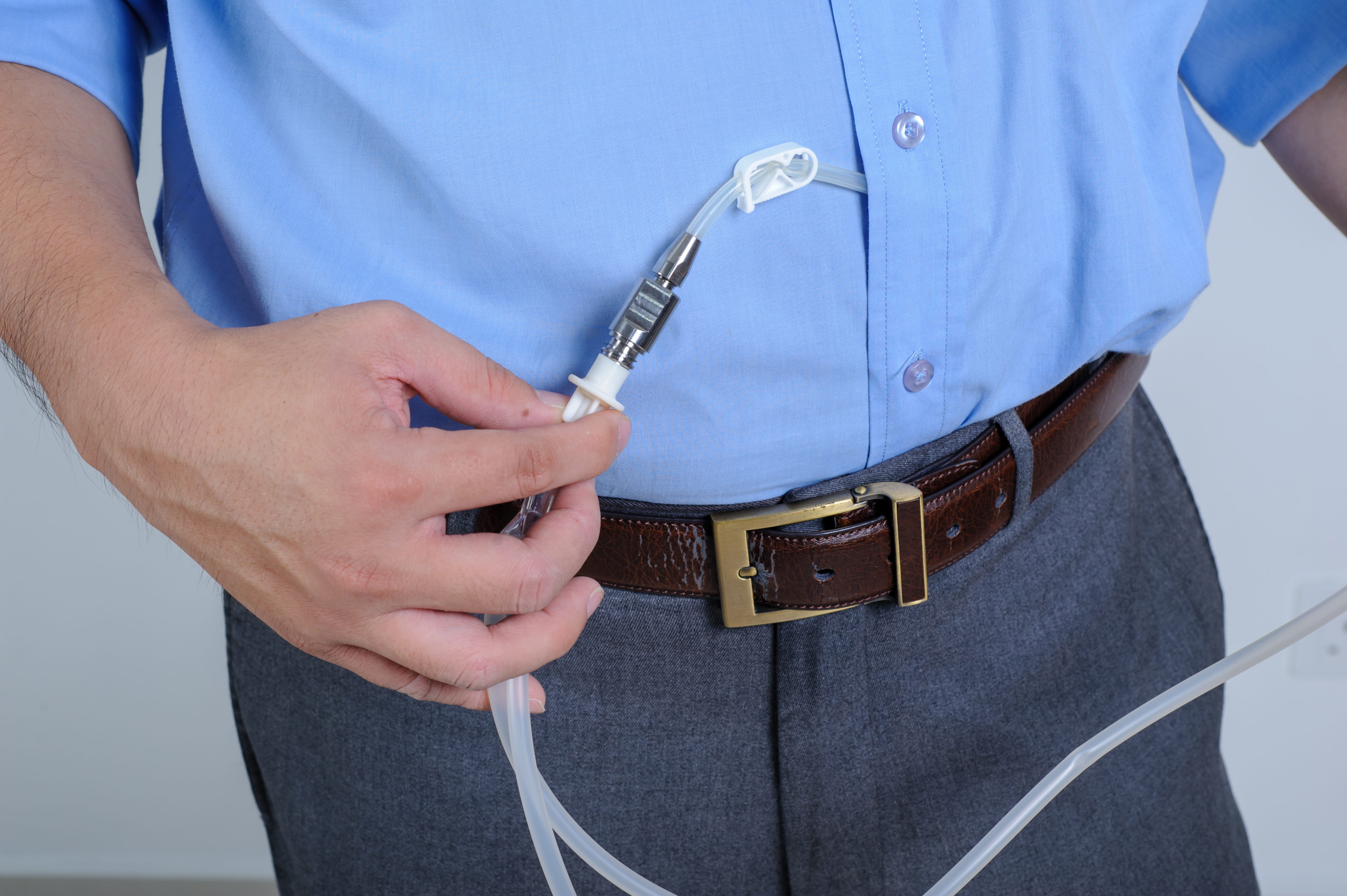Living Well on Dialysis
If you receive dialysis treatments for kidney disease, you probably spend a lot of time focused on your physical health. That’s important -- but so, too, is your mental and emotional well-being. Dialysis is life-saving, but it’s also life-changing. Still, by taking charge of your emotional health -- and accepting help when you need it -- you can live a rewarding life on dialysis. Rollercoaster Emotions Dialysis requires significant time and effort. In addition to the considerable time spent traveling to and from appointments and receiving treatment itself, people receiving dialysis must carefully monitor their diet and fluid intake. It’s [...]




